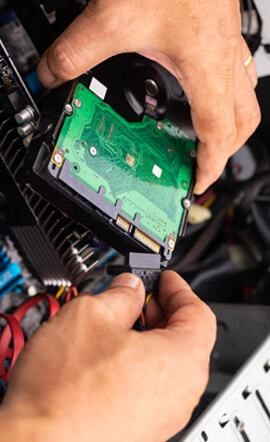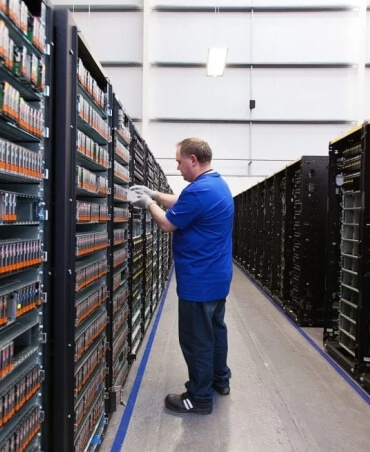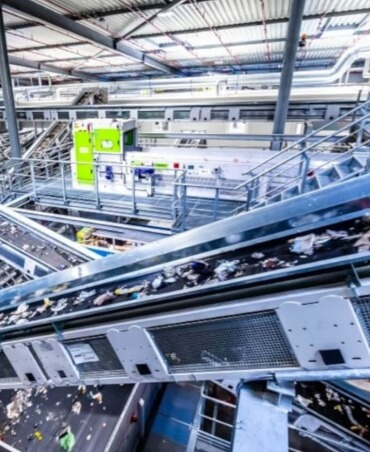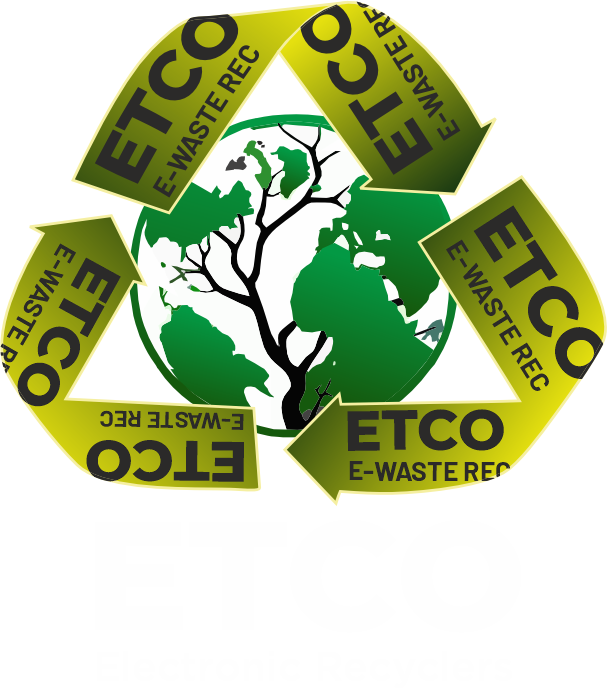IT & Electronics Assets Disposition
IT & Electronics Assets Disposition
IT and electronics assets disposition, also known as ITAD, refers to the process of disposing of unwanted or outdated technology equipment in an environmentally-friendly and secure manner. This includes a range of devices such as computers, laptops, mobile devices, servers, printers, and other electronics.
ITAD is an important process because electronic devices contain a variety of hazardous materials such as lead, mercury, and cadmium that can harm the environment if not disposed of properly. Additionally, these devices often contain sensitive data that must be securely erased to protect against data breaches.



The ITAD process typically involves several steps:
- Data destruction: All data on the device is securely erased using specialized software to ensure that no personal or confidential information is left on the device.
- Asset tracking: The device is labeled and tracked through the disposal process to ensure that it is properly disposed of and not resold or reused without proper authorization.
- Environmental disposal: The device is disassembled and recycled in an environmentally responsible manner to prevent hazardous materials from entering the environment.
- Resale or reuse: If the device is still functional, it may be sold or donated for reuse to reduce electronic waste.
It is important to choose a reputable ITAD provider that follows best practices to ensure that your devices are disposed of properly. Look for a provider who has received accreditation from organisations such as ISO to ensure adherence to stringent environmental and data security requirements.

Our Other Services






